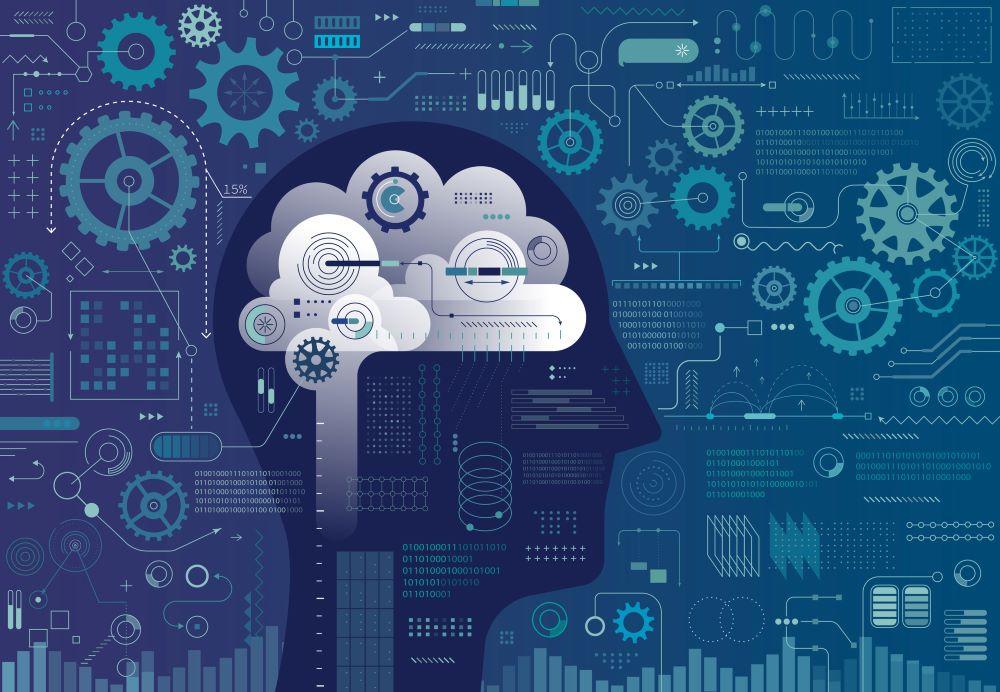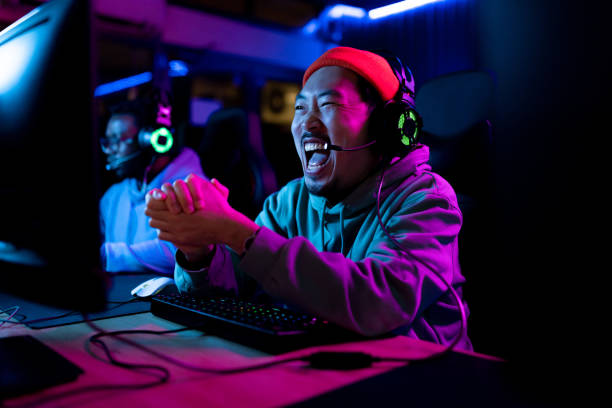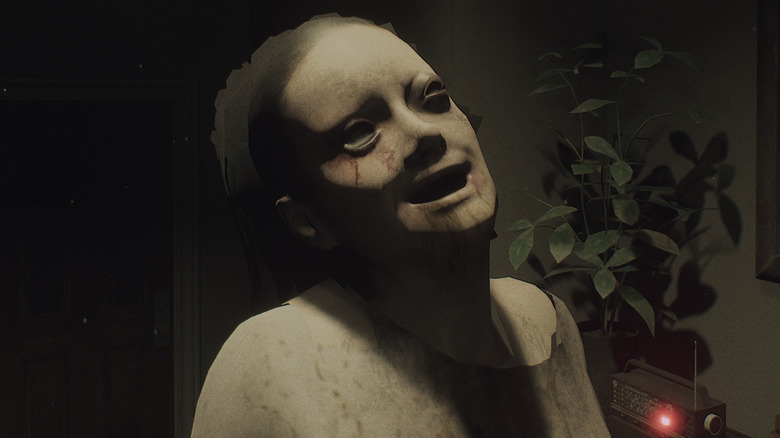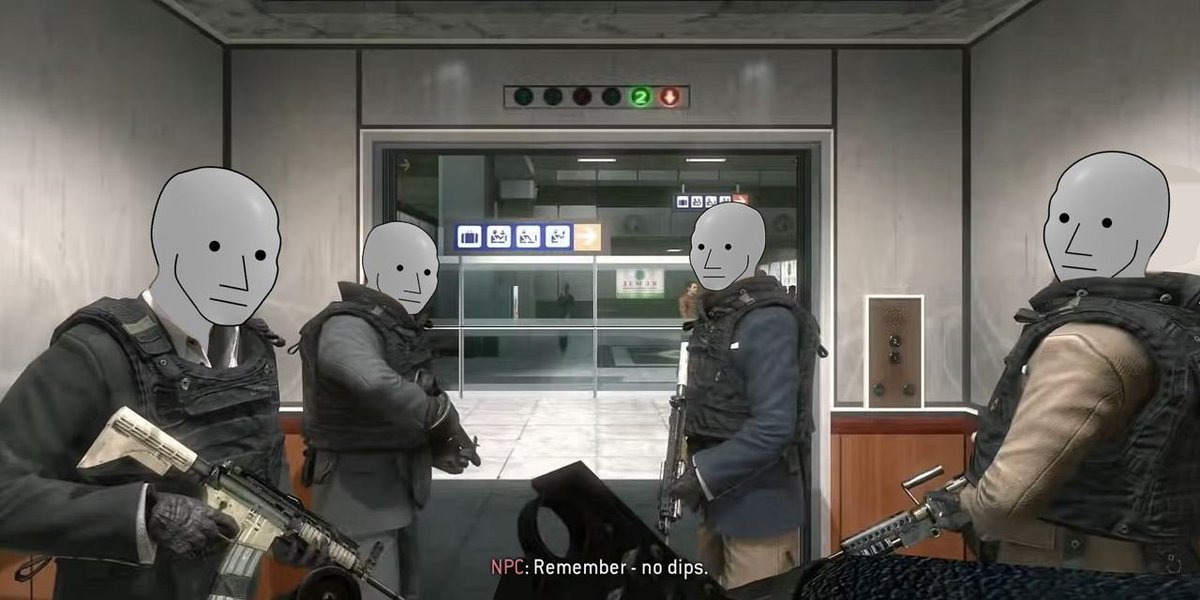Video games are built on code—lines of instructions carefully written by developers to create interactive worlds. Every character movement, enemy behavior, and storyline progression follows strict programming. But what happens when a game starts writing its code? Could a game evolve beyond its creators, shaping itself into something unexpected?
This eerie concept has long been the subject of gaming folklore. Still, recent advancements in artificial intelligence and machine learning suggest that self-generating game code isn’t just science fiction—it might be closer to reality than we think.
The Myth of the Self-Writing Game
The idea of a game that rewrites itself has circulated in gaming communities for years. Some claim certain games have exhibited behavior not programmed by developers—enemies adapting in ways they shouldn’t, new environments appearing without an update, or NPCs reacting as though they are learning from the player.
One famous legend is about a game called KILLSWITCH, supposedly developed in the 1980s. According to the myth, the horror game deleted itself upon completion, ensuring no one could play it twice. Some versions of the story claim that KILLSWITCH rewrote its code, making each playthrough completely different and eventually erasing itself from existence. While the game is likely fictional, its concept is chilling: a game that controls its fate.
The Reality of Self-Modifying Code
While the myth of a game spontaneously rewriting itself is unsettling, the reality is more grounded in modern programming. Some games today use procedural generation to create unique experiences. Titles like Minecraft and No Man’s Sky generate worlds dynamically, making it seem like the game is evolving independently.
More advanced AI-driven games, such as Alien: Isolation, use machine learning to adjust enemy behavior based on player actions. This gives the illusion that the game adapts, learns, and even predicts what the player will do next. However, these mechanisms still operate within predefined rules set by developers.
Where things become eerie is in experimental AI development. Some programmers have tested neural networks that allow games to modify their mechanics. In theory, this could lead to a game that rewrites itself based on how it is played, introducing new mechanics, adjusting difficulty, or even creating original narratives.
When a Game Becomes Unpredictable
The genuine concern comes when a game begins altering itself beyond human control. In 2017, a team of researchers at OpenAI created an AI that learned how to play Dota 2 at a superhuman level. While this was an example of machine learning within set boundaries, imagine an AI that knows the game and changes the rules as it goes.
What if a game, designed to challenge players, decided to make itself unbeatable? Or if an NPC, programmed to follow a story, decided to rewrite its own dialogue?
The idea of self-generating code is exciting for innovation but unsettling in its implications. If a game can write itself, when does it stop being a game and start being something else—something uncontrollable?
For now, developers remain in control, but as technology advances, we may one day face a game that no longer needs its creators. When that day comes, will we still be the players—or will the game be playing us?






